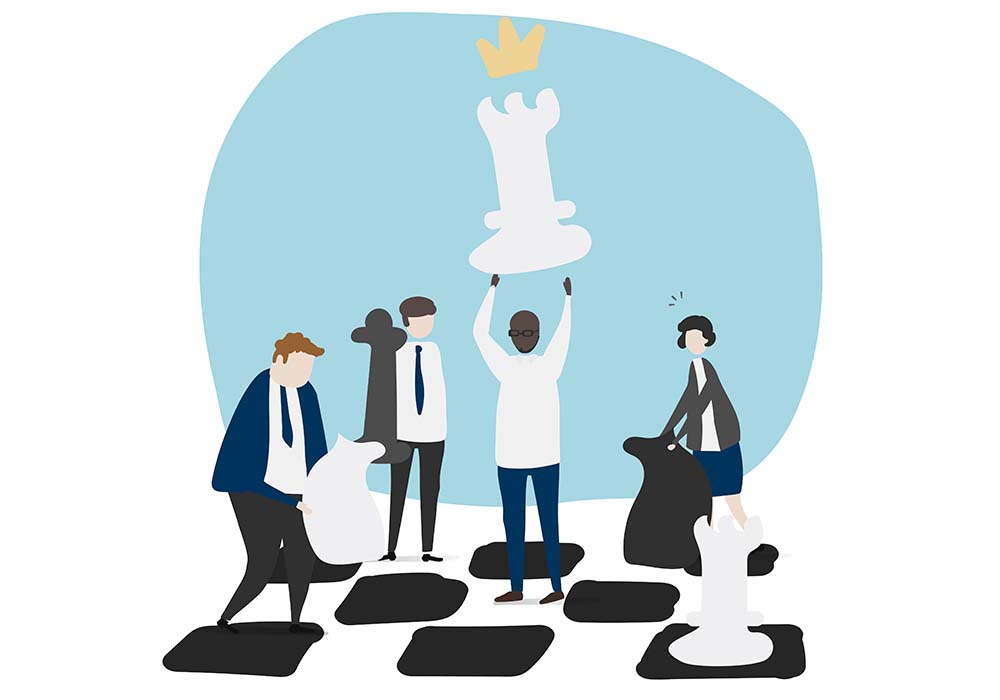4) Care: demonstrating genuine interest for the welfare of each group member.
5) Pride: at belonging to the group and in the work necessary to maintain high levels of effort and quality.
Success is forged in adversity
Resilience and sacrifice in overcoming difficulties are other great lessons that can be taken from team sports. In 2014, English soccer coach Jill Ellis took over the United States team a year before the World Cup. At the time, the US were Olympic champions, but had gone 16 years without winning the World Cup and Ellis thought they needed to step up their game if they were to break the hoodoo. In her first meeting with the players, she told them: “Part of my work consists of making the journey uncomfortable, because adversity is the best teacher.” She knew that without demands there is no challenge, and without challenge no group of humans is prepared to offer the best versions of themselves. The US won that World Cup.
Psychology and demands are two qualities all leaders of successful teams employ. A lot of psychology is needed, for example, for the egos of hugely talented individuals such as Messi, Cristiano Ronaldo, Michael Jordan and Kobe Bryant to fit into teams. And the demands placed on them, once incorporated, are aimed at getting the best out of such players – and need the help of their team-mates. This becomes incredibly difficult when a team, in sports or the workplace, is formed not by one but a constellation of stars. Carlo Ancelotti and Zinedine Zidane (Real Madrid), Pep Guardiola (FC. Barcelona and Manchester City) and Phil Jackson (Chicago Bulls and Los Ángeles Lakers) could testify to this.
The best team functions as a family
German former coach of soccer teams Borussia Dortmund and Liverpool, Jürgen Klopp, is another sports professional from whom the business world can learn many applicable lessons. He’s considered one of the best coaches in soccer history – with hard work, passion and teamwork the main characteristics of teams inspired by his leadership inside and outside the game.
One of his maxims is to build groups based mainly on unity, in which the players form real family, with shared values and objectives. He says, for example, that a team’s success is 30% tactics and 70% togetherness. His dressing rooms have signs spelling out such maxims as: total commitment; ferocious obsession; determination, whatever is happening in the game; all for one and one for all; let others help you; use all of your qualities (skills and dexterity) for the team’s benefit; responsibility is everyone’s.
An old children’s TV program encourages kids to help one another, with the phrase: alone you can’t, with friends you can. This slogan also works in the world of sports and, without doubt, applies to the corporate world.
